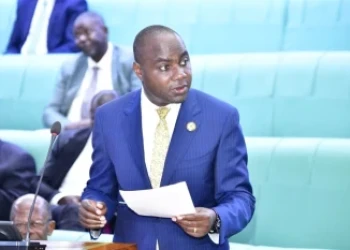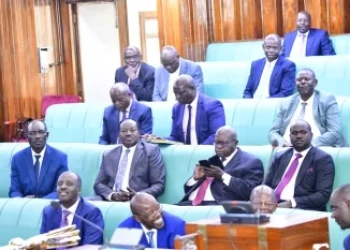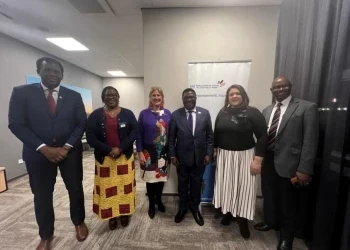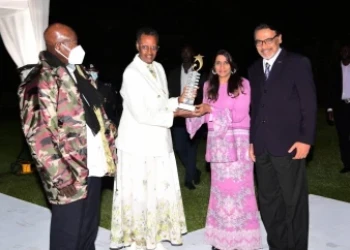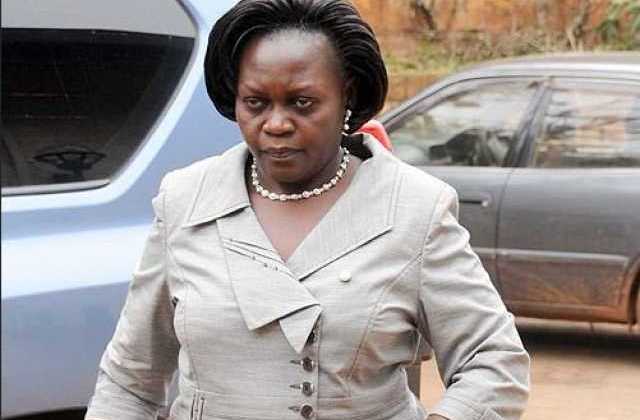
Cabinet has approved the Mining and Mineral Bill 2020. The development follows the approval by Cabinet of the Mining and Mineral Policy for Uganda in 2018.
According to Sarah Opendi the State Minister for Energy and Mineral Development, the Mining and Mineral Bill 2020 will effectively implement the tenets of the new Policy.
“Government needed to reform and strengthen the legal, regulatory and institutional frameworks to cater for emerging issues arising in the minerals subsector which include; mineral traceability, certification, value addition, mineral revenue management and the formalization of Artisanal and Small-Scale Miners” the minister says.
The Mining Act 2003 has been in force for the last fifteen years during which time the Mineral subsector has undergone various transformations, changes and challenges.
Speaking to reporters at Uganda Media Centre in Kampala on Wednesday, Minister Opendi said that the existing Act is inadequate in dealing with the new developments in the Mineral subsector as well as government strategic directions; for example, Vision 2040, & the National Development Plan.
“Currently, the subsector's contribution to the national economy stands at a dismal 1.4% despite its huge potential. A new Legal and Regulatory Framework will therefore unlock the potential of the mineral subsector to spur economic development and transformation of Uganda. The New Mining Bill will therefore address the inconsistencies therein, fill in the gaps identified in the Mining Act, 2003 and also the need for Uganda to be compliant with the new and emerging trends in the global mining industry” she said.
Adding that in line with vision 2040, the new Bill will seek to develop the mining sector that can catalyse agriculture as well as broad based growth and development of the down-stream linkages into value addition and manufacturing.
The up-stream linkages will spur mining capital goods, consumables and services industries while the side-stream linkages will mainly enhance infrastructures such as power, logistics, communications, water, skills and technology development.
The new Bill will also be cognizant and in alignment with other policies and sectoral legislative frameworks, provide a robust, predictable and transparent legal regime, improve mining and mineral administration and business processes, ensure efficient collection and management of mineral revenues, promote value addition to minerals and increase mineral trade.
The Bill will also organize, register, license, regulate and transform artisanal and small-scale mining in Uganda. It will, among other aspects minimize and mitigate the adverse social and environmental impacts of mining activities. The Bill will further promote local content and national participation in the mineral industry by including the use of production sharing agreements in mining contracts. The bill will domesticate regional and international conventions, treaties, agreements, protocols and initiatives and provide for establishment of a Mineral Exploration Unit. It will also increase investment in the mineral sub-sector and provide for establishment of an Environmental Decommissioning Fund.
Some of the additional structures of the new Bill include; Provide for establishment of the Mineral Protection Force as an enforcement arm of the mineral subsector within the Directorate of Geological Surveys and Mines, promote and protect human rights in the mining sector including gender, labor and children and provide for ISO certified mineral laboratory services and strengthen the mineral laboratory to support geo-scientific investigations, regulation and monitoring;
Other structures are; Provide a Model 01 Excellence in Sustainable Management and Utilisation of Energy and Mineral Resource…
Comments (0)
📌 By commenting, you agree to follow these rules. Let’s keep HowweBiz a safe and vibrant place for music lovers!




